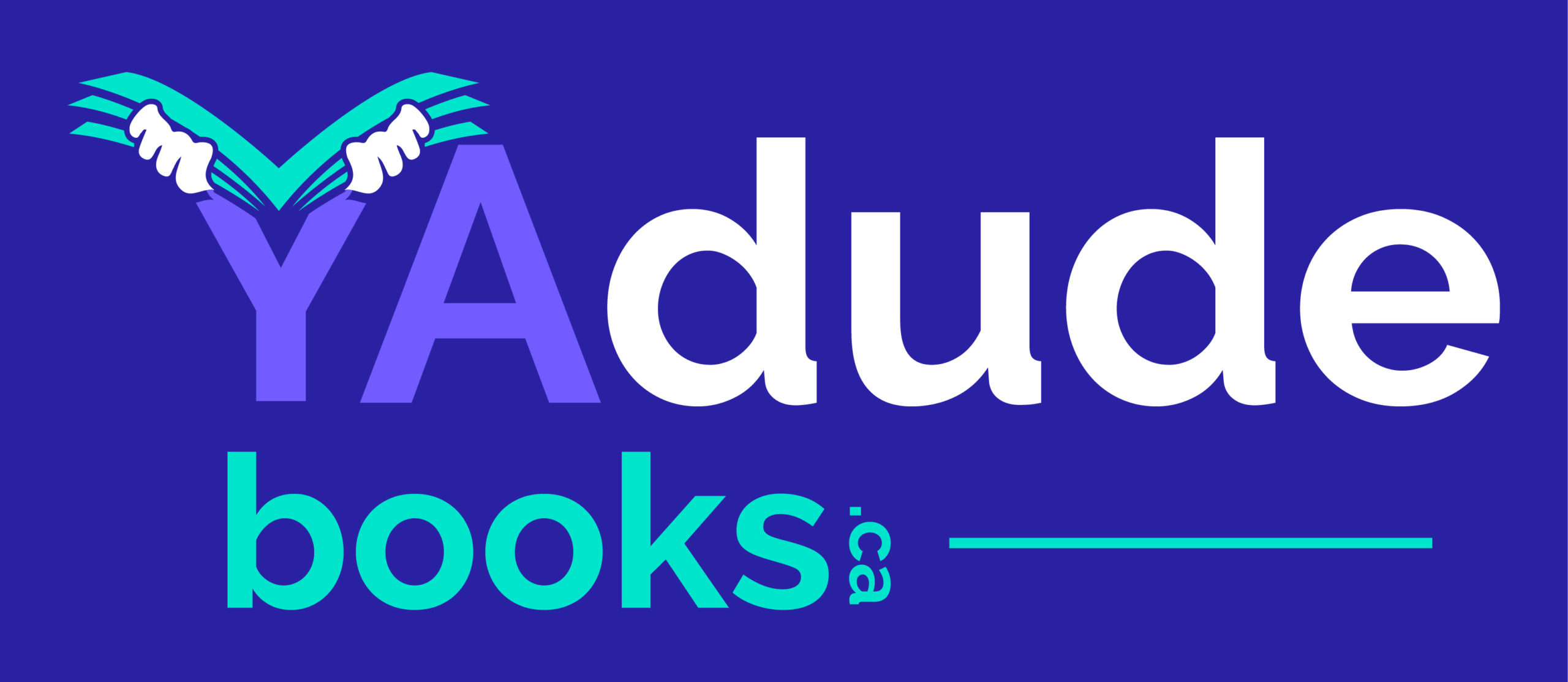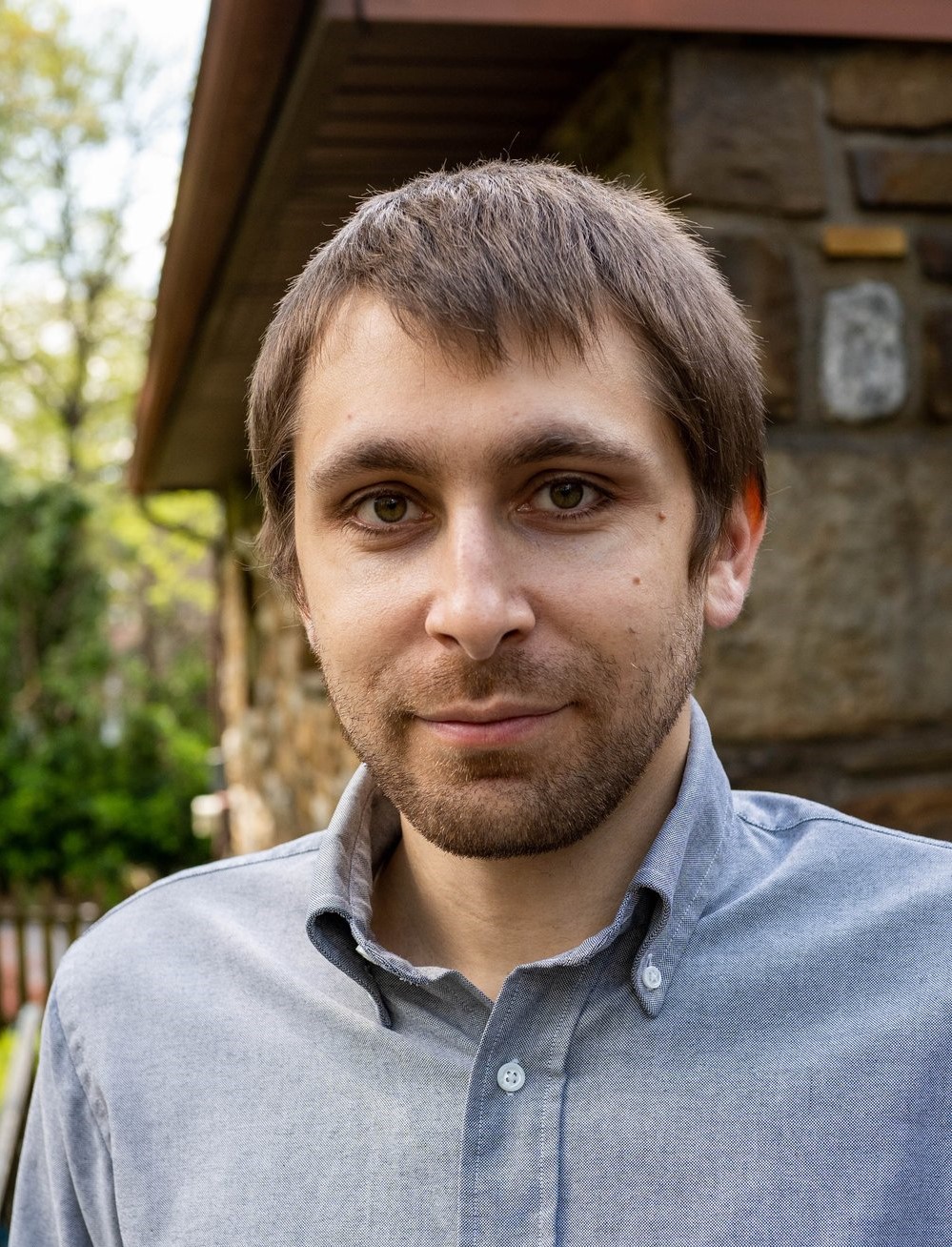Isaac Blum (he/him) is a writer and educator. He has taught English at several colleges and universities, and at Orthodox Jewish and public schools. He holds an MFA in Creative Writing from Rutgers-Camden in New Jersey, and his stories and essays have appeared in The Iowa Review, The New York Times and One Teen Story, among other places. Isaac lives with his wife in Philadelphia where he watches sports and reads books that make him laugh while showing him something true about the world. He also loves birdwatching. The Life and Crimes of Hoodie Rosen is his debut novel. Reviews have called it “touching, tragic and as Jewish as your Bubbe’s cholent” (NY Times), “uncannily insightful and resonant” and “wry and poignant.” You can visit Isaac online at Isaac Bloom and follow him on Twitter and Instagram @isaacblum_
Q: Tell us about the boy you were growing up: Were you the funny guy, the bullied guy, the straight-A student?
A: I’d like to think I was the funny guy. In my memories I was the funny guy. But I’m not sure if that’s actually the role I played. I was always sarcastic. I had trouble taking almost anything seriously. I was skeptical of authority. I made a lot of stupid jokes—dad jokes, really. But I wasn’t a class clown, though. I was pretty anxious. I worried about whether I was liked by my peers, whether I was doing well in school, all that stuff. I was too inhibited to be a true class clown.
Q: What were your passions? What helped you survive the bumpy road of adolescence?
A: I loved reading and I loved music. I read a lot of books, and I spent a ton of time listening to music, playing music, arguing about music. I was in a band. I wrote a lot of original songs. My friends and I went to rock concerts all the time.
I was also obsessed with sports. I still am. I played sports, but I was even more passionate about watching them. If the Eagles won, I had a great week. If they lost, I was miserable until they won again.
Q: When did you discover writing, and what drew you to it? A certain book, authors who inspired you, a teacher, your parents, a need for escapism or a platform?
A: I discovered writing senior year of high school. There was a creative writing elective at my school where you wrote a portfolio of poems or stories. It was so much fun. It scratched the same creative itch—that need to express myself creatively—that music and art scratched. I was, and remain, quite bad at art and music. But I felt comfortable and confident writing. I both A) had something to say, and B) had a sense of how I wanted to say it.
I was inspired by a lot of the authors I loved as a kid: EL Konigsburg, Louis Sachar, Chaim Potok. But also by some of the stuff I was assigned in high school, especially Salinger and Vonnegut. They wrote with informal authorial voices that I enjoyed. They showed me that it was permissible—even preferable—to put your own personality into your prose, and that was exciting.
Q: Not many young-adult novels tackle teen spiritual journeys. Can you talk about why it’s a rare theme and why you’ve chosen to prioritize cross-cultural and interfaith understanding as well as a coming-of-age theme?
A: To be fully honest, I didn’t intend to tackle that teen spiritual journey. I set out to write about cross-cultural understanding. I wanted to center a culture that isn’t often portrayed in YA fiction, Orthodox Judaism, and I wanted to show that cross-cultural curiosity can combat hate, fight bias, build understanding and heal communities. In addition to the coming-of-age component, that cross-cultural piece was the part I was focused on.
I didn’t think too critically about the spiritual journey part until I received a blurb from Vesper Stamper that pointed out that A) that’s a significant theme of the book and B) that it’s not something you see in a lot of young adult novels. Her blurb really changed the way I read my own novel. I don’t know why it’s a rare theme, but I do think it’s vital. Every single teen has to decide what they believe. It’s universal. And it’s also personal and internal in a way that culture, for example, is not. You can’t always decide what your culture is, but your spiritual beliefs are yours alone to decide.
I’ve received some really nice messages from Jewish teens who said that the book made them feel “seen,” but also messages from non-Jewish religious teens who enjoyed reading about Hoodie’s struggle with his faith.
Q: You’ve been called bold, brave, brutally honest and witty. How important are each of these to you, and how important is witty in making the rest of those find their mark, particularly for young readers?
A: Witty is the most important one for me. I really want to be witty. I try so hard, too hard, to be witty. Accordingly, I have a critique partner who specializes in helping me remove all of my bad jokes that don’t land (of which there are many). My preference for wit is not necessarily because I think wit is the most essential thing. I think I’m just vain and I want people to find my writing funny.
Though I’m not going to call myself “brave” or “brutally honest,” I will say that, in general, I think wit can keep bold honest books from being too difficult to read. When you’re trying to show hard truths, ones that might be difficult or uncomfortable—violent antisemitism, for example—I think it helps to balance those heavy themes with a sense of humor. I also want readers to take away the fact that, although the world often contains awful stuff, humor is one of the tools we have to help us process those horrors.
Q: Were you sitting down when you heard your debut novel was longlisted for the National Book Award and made a Junior Library Guild Gold Standard Selection? How did you react? And what’s in store next?
A: I was in the car, commuting to work when I heard about the National Book Award longlist. So yeah, I was sitting in the driver’s seat of a car. My agent called me. I reacted by telling her that she must be mistaken. I seriously did not believe her, and I only came around when I got to work and saw for myself.
I didn’t know how to react. It was very surreal, like a kind of waking dream. It took a few weeks before it felt like a real thing that had happened to me.
What’s next: I’m working on another Jewish YA novel. I’m hesitant to say too much more about it, because I’m still in the process of editing and revising, so I’m not sure exactly what it’ll look like in its finished form. But I do know that it will come out in the spring or early summer of 2024 from Philomel Books / Penguin Teen.
- Interview by Pam Withers

